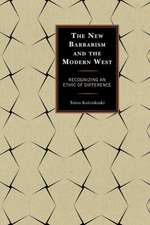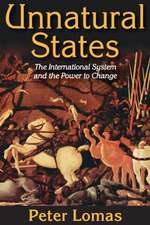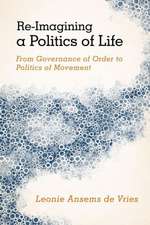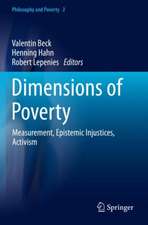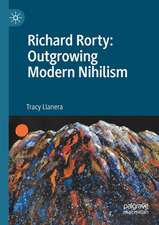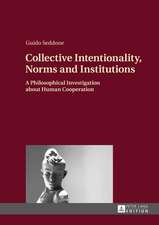Hannah Arendt’s Ambiguous Storytelling: Temporality, Judgment, and the Philosophy of History
Autor Marcin Moskalewiczen Limba Engleză Hardback – mai 2024
Preț: 511.40 lei
Preț vechi: 594.66 lei
-14% Nou
Puncte Express: 767
Preț estimativ în valută:
97.87€ • 101.55$ • 81.80£
97.87€ • 101.55$ • 81.80£
Carte tipărită la comandă
Livrare economică 17-31 martie
Preluare comenzi: 021 569.72.76
Specificații
ISBN-13: 9781350295872
ISBN-10: 1350295876
Pagini: 272
Dimensiuni: 156 x 234 x 25 mm
Greutate: 0.56 kg
Editura: Bloomsbury Publishing
Colecția Bloomsbury Academic
Locul publicării:London, United Kingdom
ISBN-10: 1350295876
Pagini: 272
Dimensiuni: 156 x 234 x 25 mm
Greutate: 0.56 kg
Editura: Bloomsbury Publishing
Colecția Bloomsbury Academic
Locul publicării:London, United Kingdom
Caracteristici
Unravels the discrepancy between the political and historical meaning of events to reveal Arendt's radical position
Notă biografică
Marcin Moskalewicz is Associate Professor of Philosophy at Poznan University of Medical Sciences, Poland.
Cuprins
Introduction1. The Origins of Totalitarianism2. Bare Life and the End of History3. Thinking History through Time4. The Science of History as Ideology5. Performative Self6. Temporal Conflicts of the Mind7. The Contingency and Decline of History8. The Beauty of the Past9. Redemption of Contingency10. Pieces of the PastConclusionAcknowledgementsNotesBibliographyIndex


